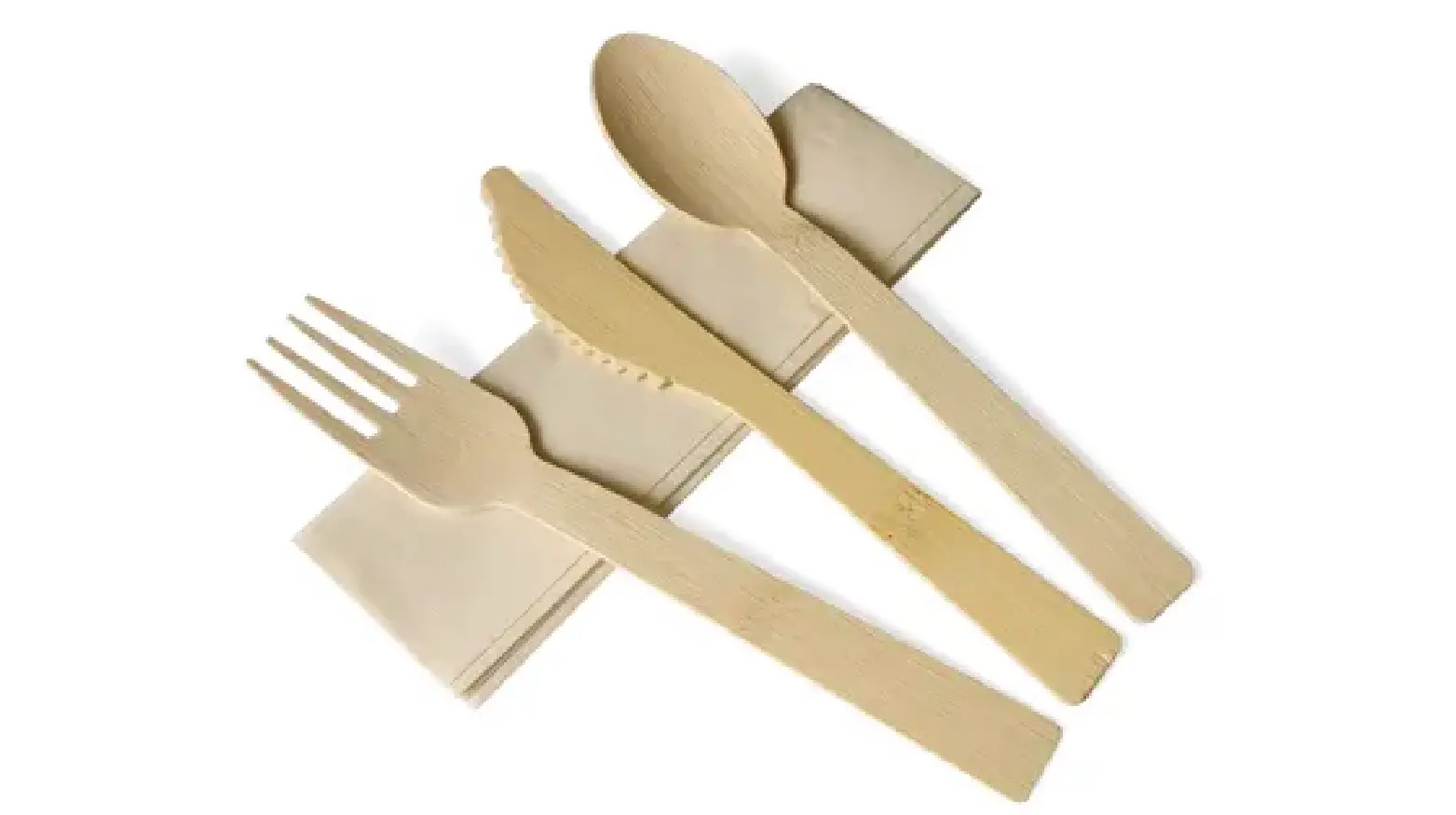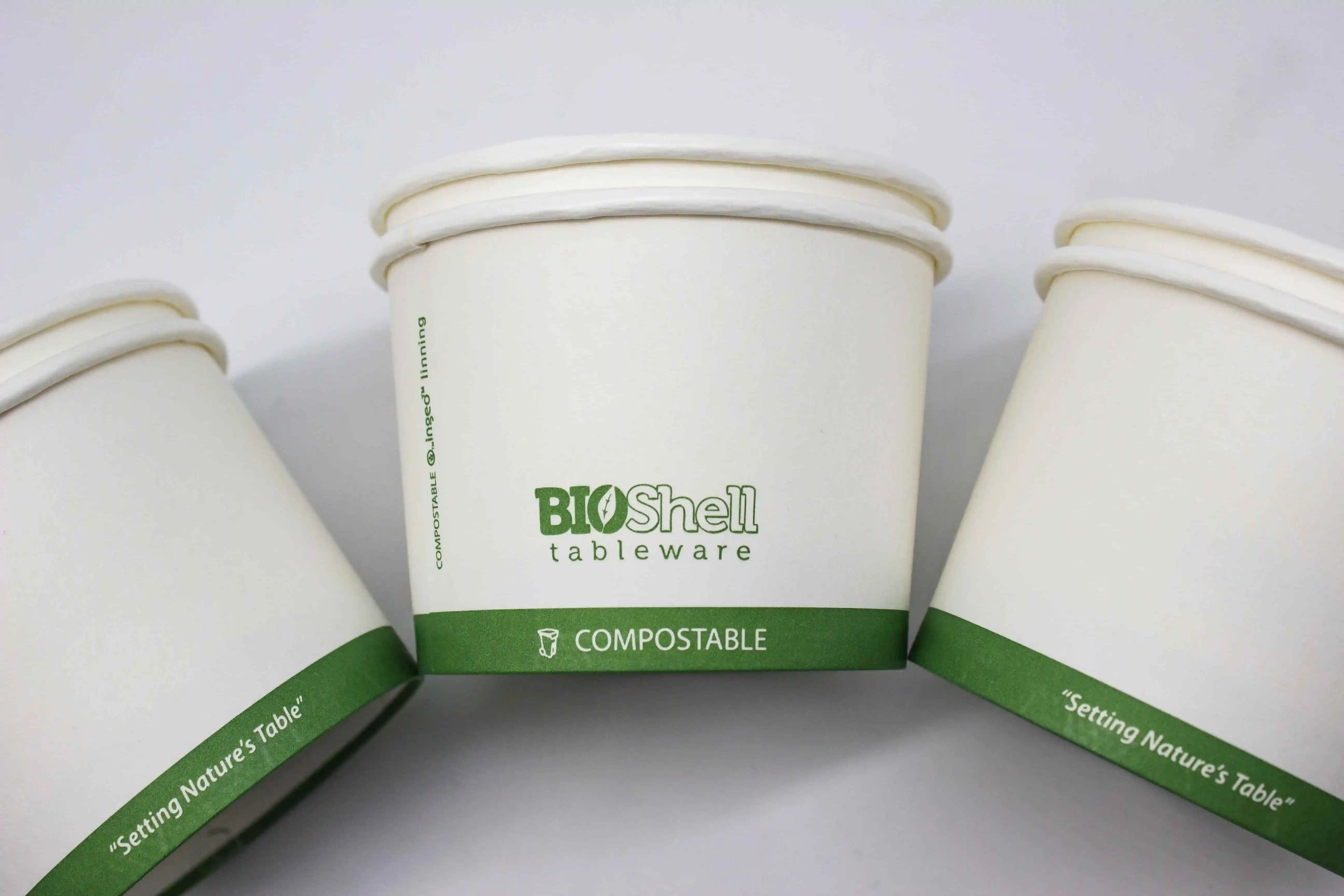Wooden cutlery is becoming a popular choice for environmentally conscious consumers looking to reduce their reliance on plastic utensils. Understanding whether wooden cutlery is truly compostable helps in making informed choices about sustainable dining solutions.
What is Wooden Cutlery?
Wooden cutlery is made from natural, renewable materials like birch or bamboo. It offers a biodegradable alternative to plastic utensils and is commonly used for its eco-friendly benefits in various dining settings, from casual picnics to catered events.
Is Wooden Cutlery Compostable?
Yes, wooden cutlery is generally compostable. It breaks down naturally in composting environments, unlike plastic cutlery, which can persist in landfills for hundreds of years. However, the compostability of wooden cutlery can depend on factors such as the type of wood used and any treatments or coatings applied to the utensils.
Advantages of Wooden Cutlery
Wooden cutlery offers several advantages, including being biodegradable, derived from renewable resources, and often free of harmful chemicals. It's a practical choice for those seeking to minimize their environmental impact and support sustainable practices.
Considerations for Composting
To ensure proper composting of wooden cutlery, it's important to check for any added coatings or finishes that may affect biodegradability. Additionally, wooden utensils should ideally be composted in industrial composting facilities where conditions support rapid decomposition.


